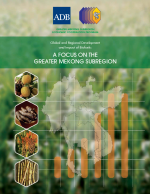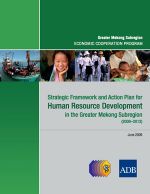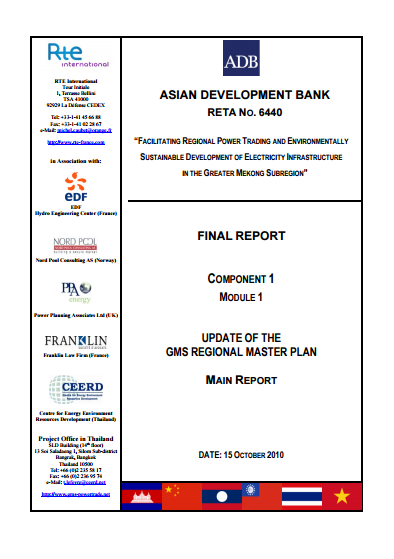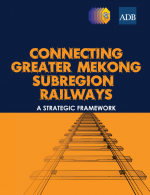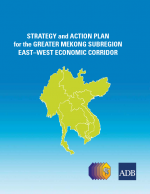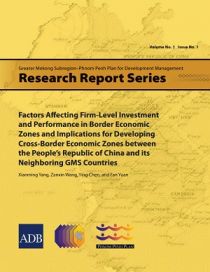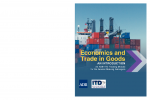
Economics and Trade in Goods: An Introduction: An ADB-ITD Training Module for the Greater Mekong Subregion
This training material aims to strengthen officials' and experts' understanding of the trade barriers that affect trade in goods and the economic determinants of such trade; proposals made in different forums to reform border policies affecting trade in goods and the analysis of those proposals, with a particular focus on the strategic questions raised by regional trade agreements; and particular challenges facing trade policy makers in the Greater Mekong Subregion.

